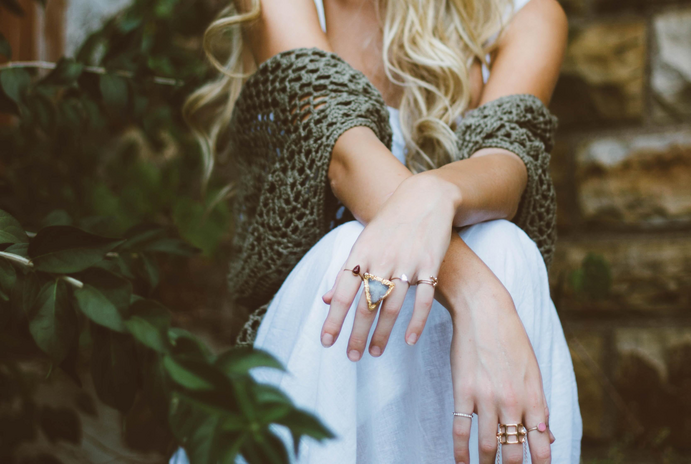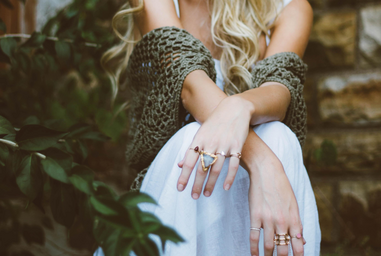There are certain privileges that we can universally agree exist: individuals who are white, upper class, and able-bodied generally enjoy advantages that others do not. However, some privileges are heavily debated, with some arguing their existence while others attribute any advantages people have to factors like work ethic and personality.
what is pretty PRIVILEGE?
Pretty privilege is a relatively new term, but the concept has existed for ages. It says that there are significant social advantages for people deemed conventionally attractive. These individuals are perceived as more intelligent, capable, and successful than their less attractive peers, which grants them opportunities that are often denied to others. These advantages can be subtle, such as having drinks and meals paid for, but can also help in making friends or advancing in one’s career.
Why exactly does this happen? It is mostly a result of our biological and psychological processes. Humans have evolved to find specific traits more attractive due to survival instincts; for instance, big hips suggest a woman’s capability to survive childbirth, while symmetrical faces indicate genetic quality in a mate. This is why there are universally attractive traits amongst all humans, regardless of culture. In terms of why those that are more attractive have societal advantages, we can look to the halo effect.
the halo effect
The halo effect says that we subconsciously assign other positive personality traits to people we deem attractive. If we are out on a Friday night and see an attractive guy from across the bar, we automatically assume that he is also kind, smart, and funny. Although we do not know a single thing about him, we attribute other attractive traits to him because we find him physically attractive. Once we get to know him, we may realize that he does not actually have these characteristics, but we were willing to give him a chance because we found him attractive, a courtesy we may not give to others.
Some argue pretty privilege is not real and that those who seem to have easier lives do not have so because they are attractive, but because they have other desirable traits like being hardworking or outgoing. But a lot of the people who claim such are attractive people; why would they want to admit that their lives are easier because they are good looking? As someone who has lost a significant amount of weight over the years and has also overcome a pretty severe “awkward stage,” the difference in the way I am treated now vs. then is like night and day. Not only has there been a difference between those periods of my life, I also notice a difference in my day-to-day depending on how much effort I put into my appearance.
MY experience
The days that I practically roll out of bed, wearing sweatpants and no makeup, it feels like my mere existence is a nuisance sometimes. People seem less eager to speak to me, employees seem less obligated to help me, and I find myself wondering why I’ve suddenly lost the basic respect that I so easily gain back when my hair is curled and my acne is hidden under layers of makeup. But when I’m wearing a carefully curated outfit, or a pair of fake eyelashes? My whole world seems to change and all of a sudden I am treated with more kindness when I am performing the role of femininity. I am still the exact same me, but I am treated as if I am kinder, smarter, and more desirable when I play the part of a feminine woman. It stems not only from human nature, but also is a result of the way that our society has become entrenched in capitalism and hyper-consumerism: if you are able to wear nice clothes, a full face of makeup, and have perfectly manicured hands every day, it implies you have more money than the average person to not only be able to afford your appearance, but to not have to work jobs that make said appearance unattainable. And that is more alluring to people in a world where money and physical appearance are the two driving factors in what we find desirable.
the other side
But pretty privilege isn’t just harmful to the people who don’t fit into the hyper specific standards of what beauty should look like, it can also be damaging to those who do fit the mold. Extremely attractive people are often discredited for their achievements as people instead assume they only got where they are because of their appearance. You got a promotion at work? Suddenly the whole office is whispering about who you had to sleep with in order to get the job, because there is no way woman can be attractive and intelligent at the same time. It has to be one or the other, and it stems from the misogynistic ideas that we have all had drilled into our heads from a young age: a woman cannot enjoy their passions unless they look good while doing it.
People paint ideals in their head of who you are without actually knowing you, assuming that you are this perfect person only to be shocked later on when they discover you are in fact a human being with flaws and you make mistakes just like everyone else. Then all of a sudden you’re the bad guy, because how dare you be opinionated, or have strong emotions? You’re not the picture perfect version of you they created, and suddenly that’s all your fault.
Studies show that there are even more disadvantages to being beautiful: ultra attractive women actually get less positive responses on dating apps as people feel more intimidated by them. People even distance themselves from those they deem very attractive when walking down the street; possibly a sign of respect, but still making connection harder nonetheless. And perhaps the most shocking: as a result of the halo effect, we tend to think attractive (and thin, but that’s a conversation for another day) people are healthier, which can result in them getting less medical attention or being invalidated for their concerns.
conclusion
There is no doubt that pretty privilege exists. But at the end of the day, no one truly benefits from it in a world where women are objectified and treated as nothing more than a pretty face. While it does bring certain advantages, those advantages come because you are seen as worthy solely based on your looks, which never feels very good regardless of whether it benefits you or not.
I am a conventionally pretty woman. I acknowledge that certain aspects of life are easier for me due to my appearance. Nevertheless, it pains me to think that some of my accomplishments may have only been achieved because someone finds me physically desirable. For both those who fit the mold and those who don’t, I hope for a day where we can one day look beyond the physicality of ourselves so that we can instead be seen for the beauty that’s inside.


